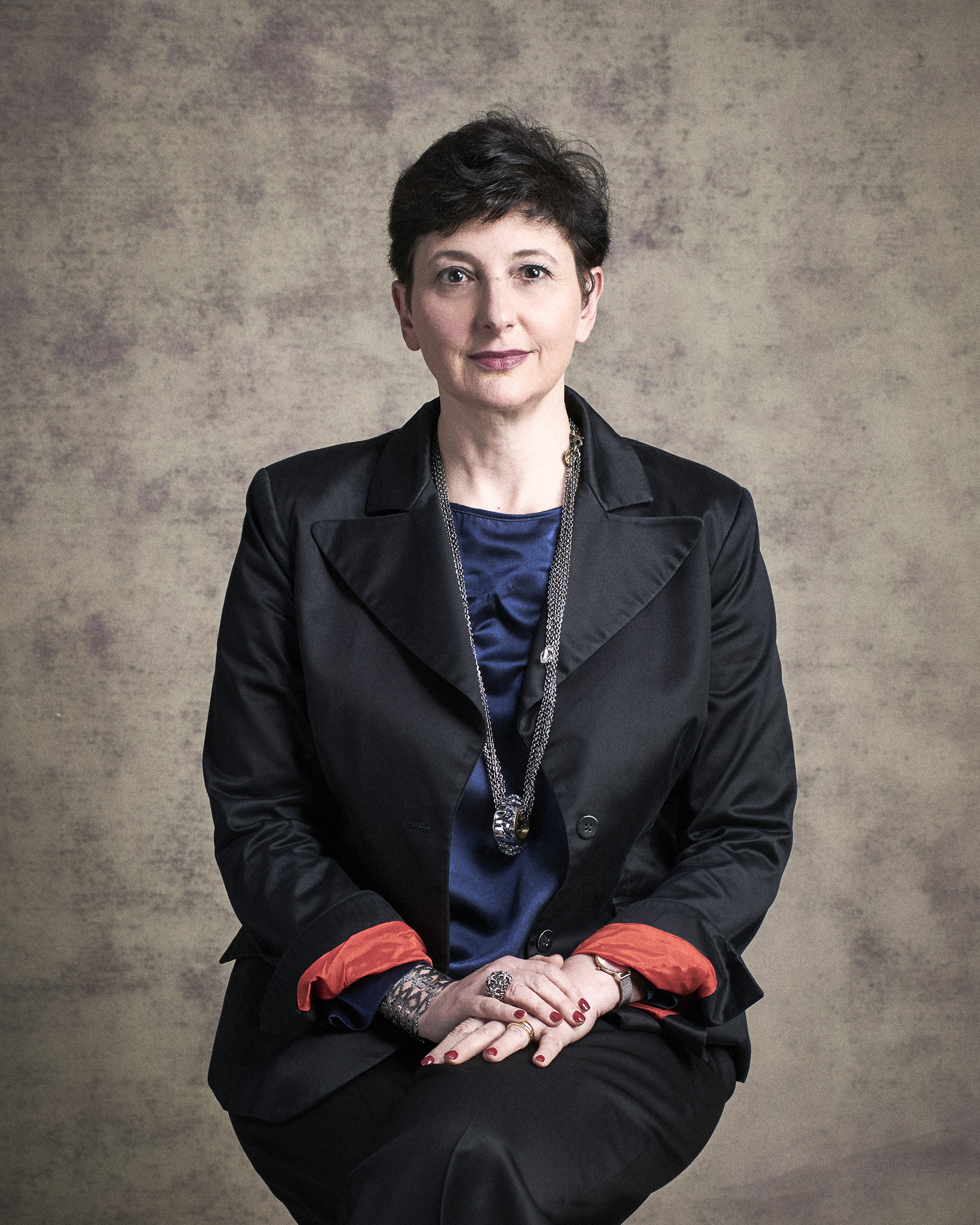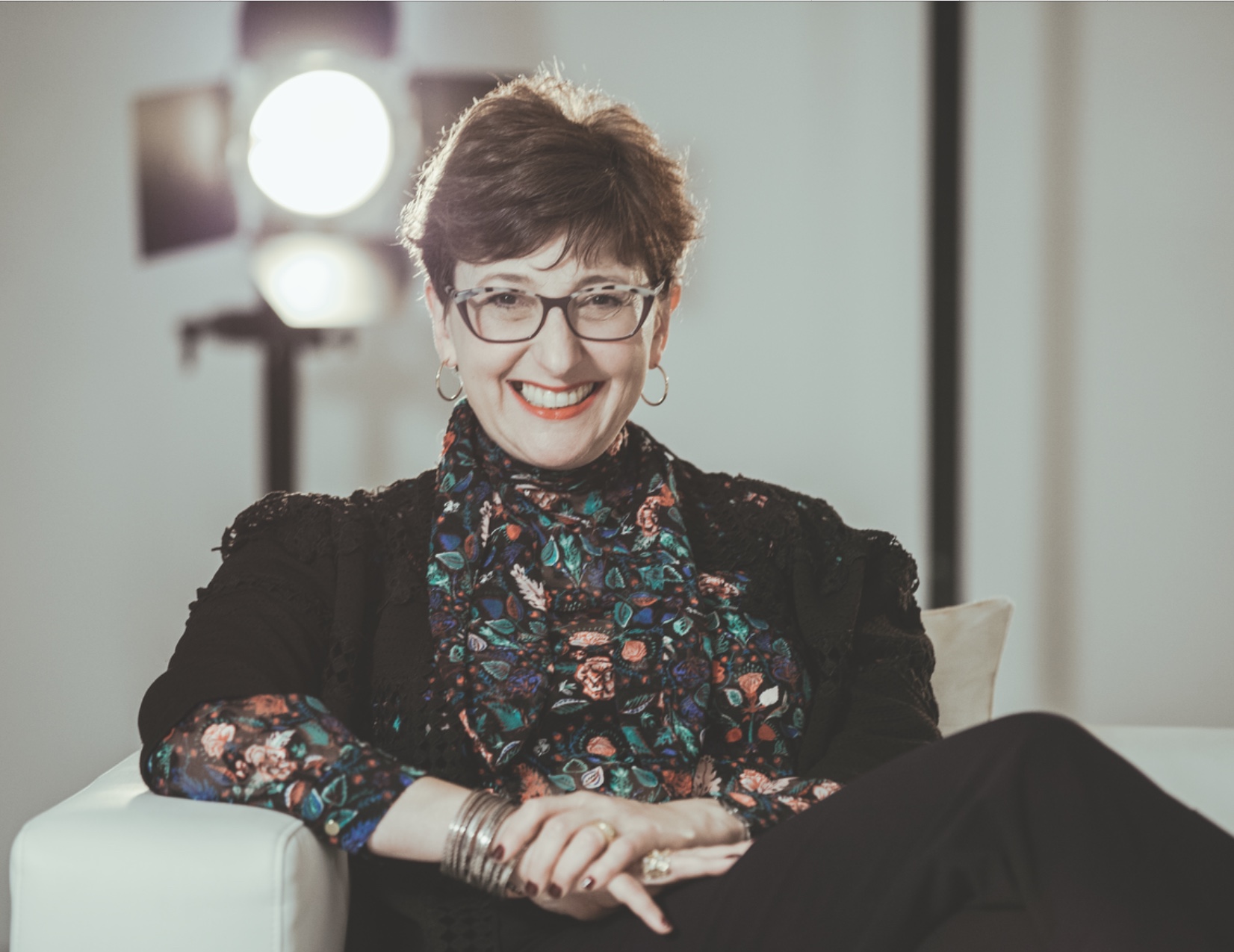It was a warm and sunny at the English seaside. It was the first day of my family holiday in the ‘picture postcard’ coastal town made famous by composer Benjamin Britten’s Aldeburgh Festival. The year was 2007: the year I got my first iphone, the year Facebook took off bigtime in Britain. It was the year Americans sent more text messages than they made phone calls, and it was the year that Netflix began its foray into Internet movie distribution. In short, it was when the so-called ‘triple revolution’ of the internet, mobile and social media came into full force.
Yet Aldeburgh is in a time warp, stuck in the 1950s when the only connection people made with each other was done face-to-face. Even today its politicians regularly vote against increasing phone masts, keeping the town almost without cellular phone reception. People go to Aldeburgh to cut off from modern life, and I am no different. But it turns out, this isolation came too little, too late for me.
I decided to go jogging on the beach – despite the fact that I was unfit and had a streaming cold for what I realised, only at this moment, had been many months. I gasped heavily as I pounded slowly along the shingle shore. I had not shed the extra pregnancy pounds, even though our youngest child is nearly two years old. I had not made time for exercise. I had not got any kind of plan or rythmn around what I ate, never mind getting enough sleep. I vaguely realised all of this as I become aware that everything felt out of focus, even though the sky had that clear cold coastal blue when I set off, not the cloudy mud my vision now became.
Up until midnight the night before our vacation I was in my office. These were desktop days, not laptop days or mobile days. My ‘to do’ list never went down. It never got to the ‘when to do’ part but just kept piling up, like unpaid bills. For an entrepreneur like me, a ‘knowledge economy’ worker, using all emerging and available technology to connect and communicate, there was no flat horizon marking the end of day’s work, only a looming set of fresh waves. Emails looked harmless from far off but close up they were becoming an encroaching tsunami. Yet far from being dramatic, this was seen as ‘the new normal’. Being permanently tethered to work had begun – and it has taken a decade to even talk about it.
Perhaps this is why I did not feel I was about to get engulfed by anything. I felt powerful and full of choice. I was a working woman. I had a ‘househusband’ who stayed at home with our combined five children (three from our relationship, two from his previous one). I loved every second of my work and every inch of my family. So on this day I didn’t feel the underground tremors. I didn’t realise that I was shortly about to go under.
Suddenly, I stopped. My body would not go one step further. “God, I’m so unfit” I muttered under my breath, with an appalled detachment. I realised, dimly, that my legs felt as if sand was filling up inside them from toe to hip. The blue sky looked on mildly as I carefully and slowly made my way back to our beachside house. For reasons I can’t pinpoint even now, I didn’t share quite how ill I felt with my family. Perhaps I did not want to ruin their holiday. All our children were young: Three are under ten, and my two stepchildren barely teenagers.
So my husband’s attention was on lunch, on policing sibling squabbles, on buckets and spades. “I think I’ve overdone it, I’m going upstairs to have a sleep” I muttered. A decade on, he is haunted by the fact that he hardly noticed. But neither did I. No-one is looking when illness strikes. Over the next few hours I became engulfed by a splitting, crashing, crushing headache, and intense, chilly cold. The sun streamed in and the covers were high, and I could not get warm. I felt horribly disconnected. I was, I now realise, like the Steve Smith poem, ‘much further out than you thought, and not waving but drowning’. Downstairs I heard the shriek of tiny children, but they felt miles away. I worried I would never reach the shoreline of safety ever again.
My husband fed the kids, did the dishes, checked on me, thought I had flu. This must be the first time in half a decade I have not thought about work. I have not itched to work. I have not multi-tasked second-guessing children or marital needs, or worried about clients or staff. This is because, it transpired, I was half dead with Pneumonia and a near fatal side order of blood poisoning Septacaemia.
Reader, I lived. There’s a local cottage hospital, and a fast drive to the bigger regional hospital, and I was hooked up by midnight to IV lines and stayed there in an ill blur until I could be brought home to London and begin the steep climb back up to health. It took months in which I reconnected to what I felt physically rather than just using my mental energy to focus on tasks of work and life. I realised I had no idea of what health means in an ‘always on’ era, where time, like an egg-timer, is draining constantly away and we are all drowning in data, in overload.
In 2007 the world was beginning to gorge on new gushes of information oil, and social networks felt like some kind of gold rush communication discovery. I hurled myself into it willingly, whilst holding on to unresolved problems: how to pace myself, how to manage time, and how to cope, not just with the benefits of connection, but the limits of them.
The Indigo Girls, two of my favourite singer-songwriters, sing in their ballad ‘Ghost’ of love as a sickness, drowning emotionally by ‘a pinprick through the heart’, but i got me thinking: what about the pinprick of modern life, which you fall in love with and then which you realise you are trapped by, and can never really recover from? This is what I felt like. I realised I became sick not through accident, but through accidental design. I overworked, I overdid it, I was overwhelmed. As I recovered, I vowed to figure out a better way to navigate and negotiate modern life.
I turned to the study of health itself to find a way to live in the social, fully connected era which was survivable, which was a way in which we could thrive, as individuals and organisations. And I call my survival strategy Social Health. Next time I’ll share with you what I discovered and what we can all do to have it.
Abridged and extracted from FULLY CONNECTED: Surviving & Thriving in an Age of Overload by Julia Hobsbawm. Published by Bloomsbury.


